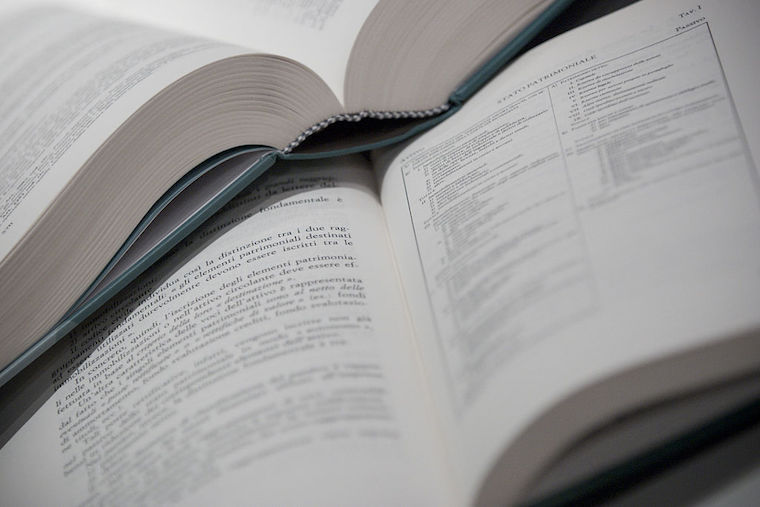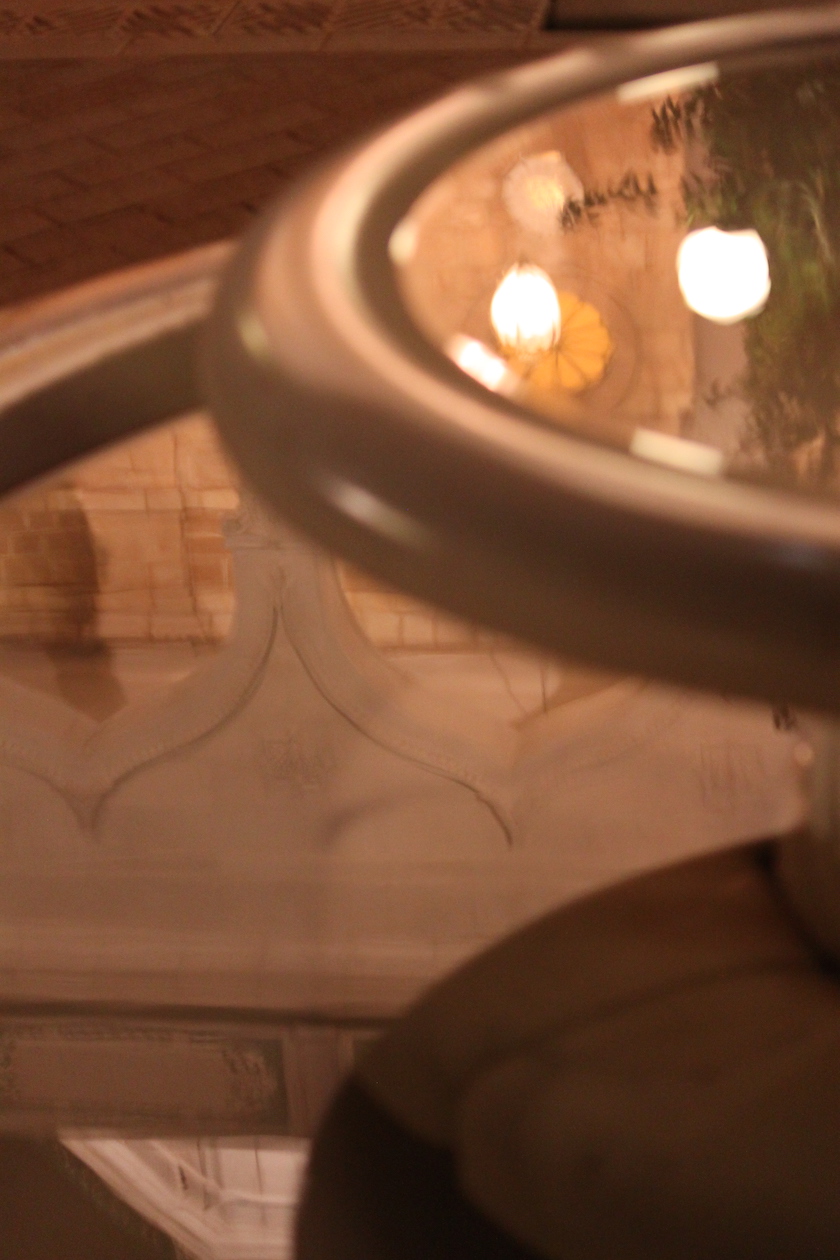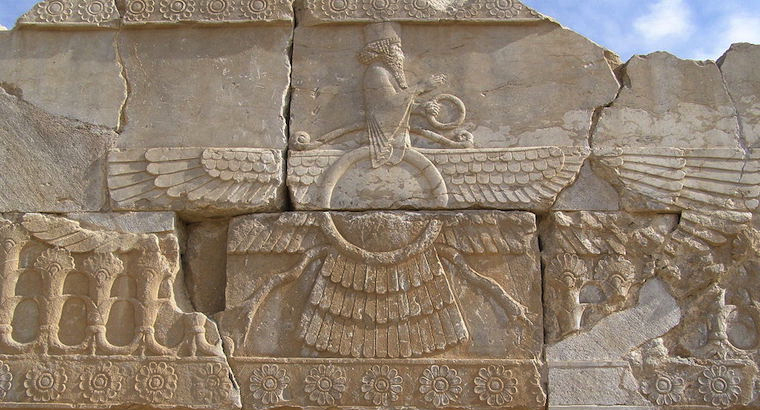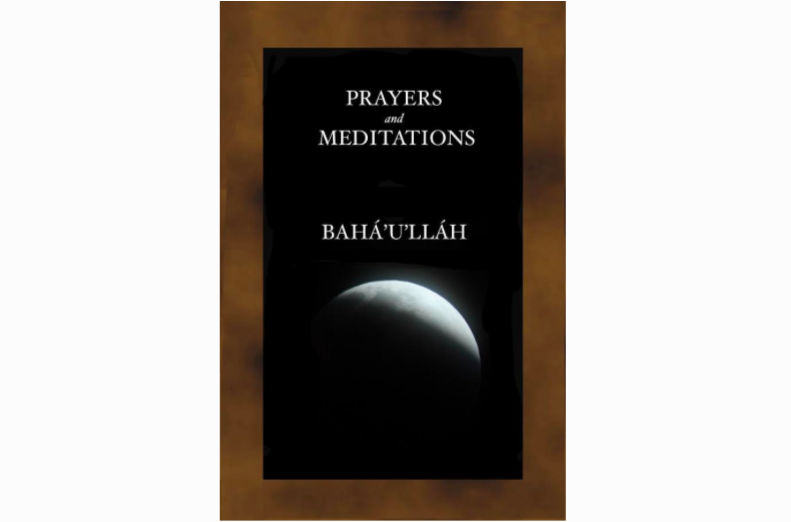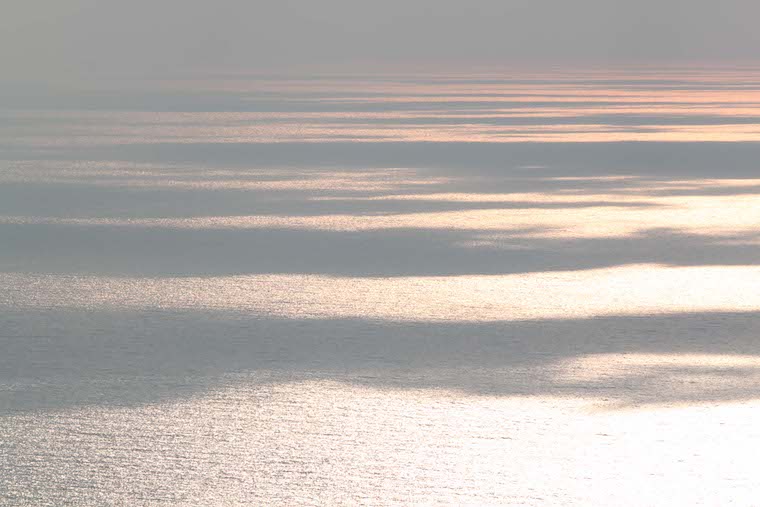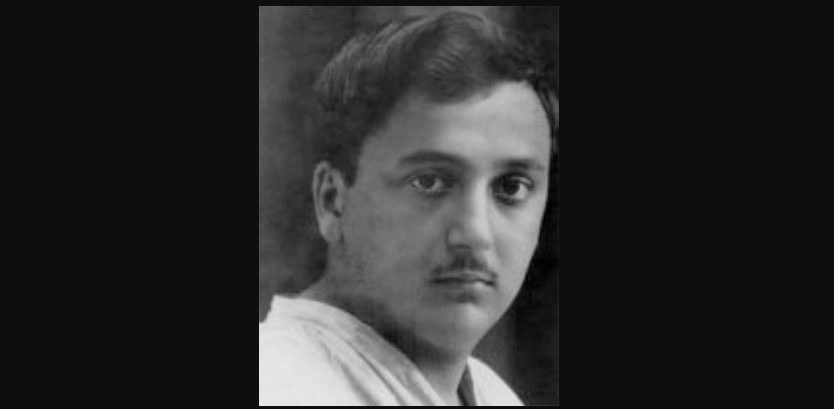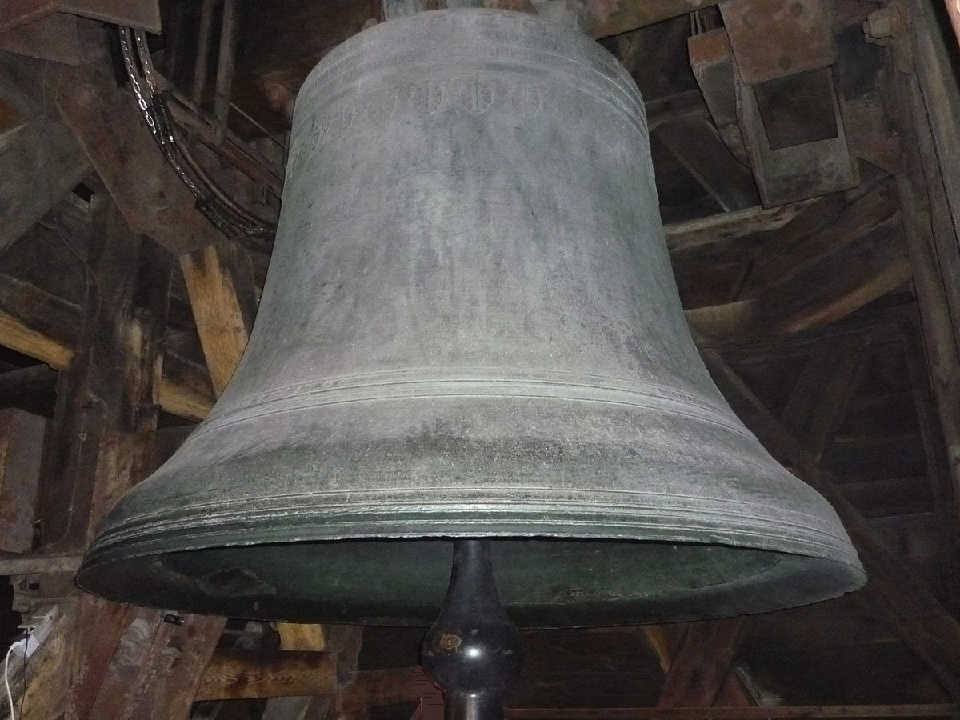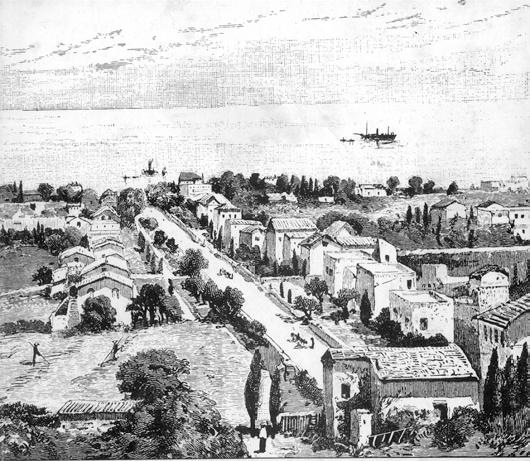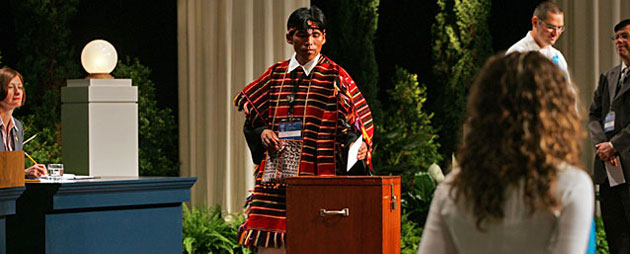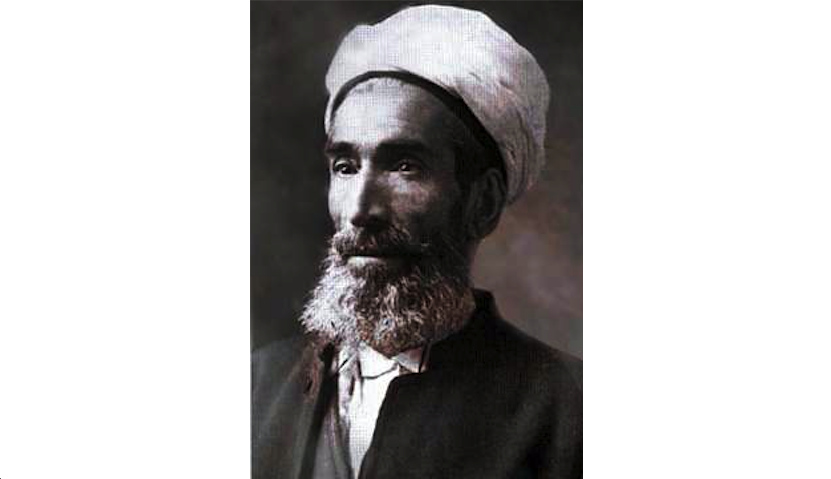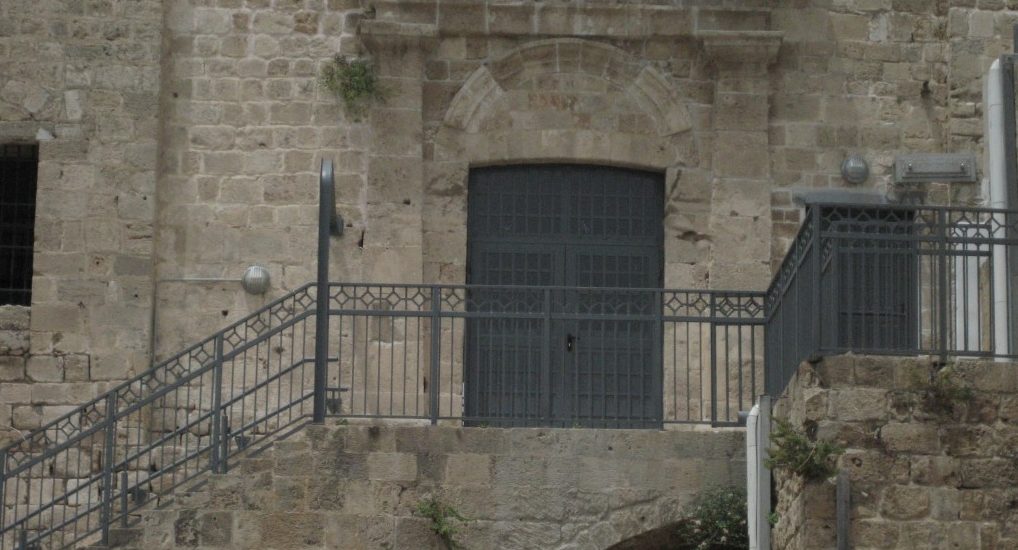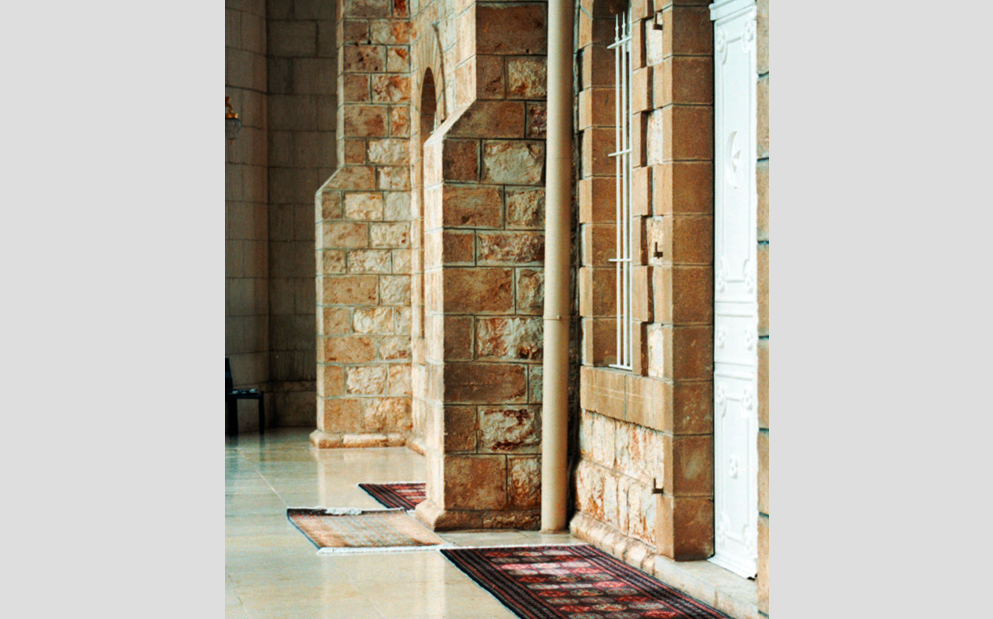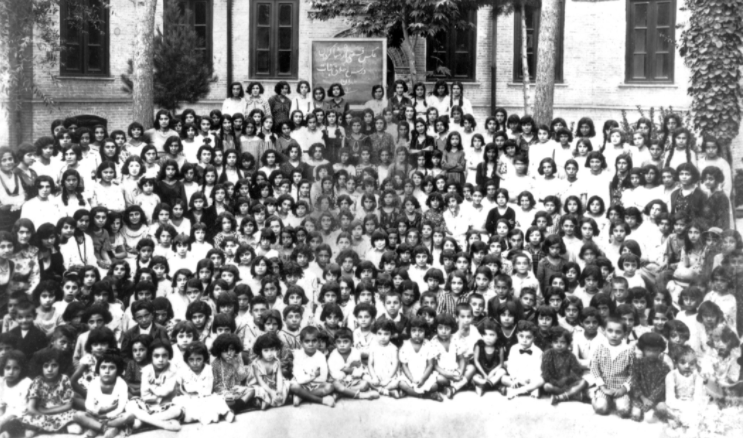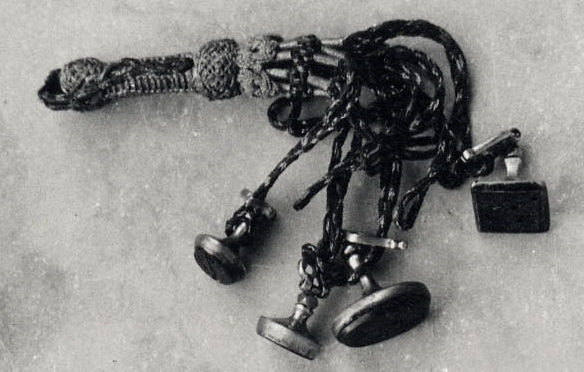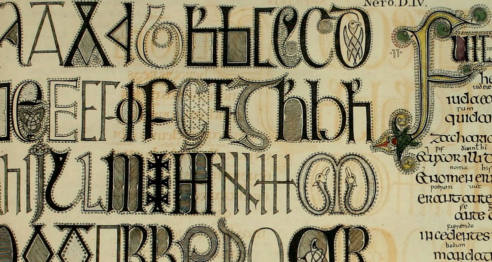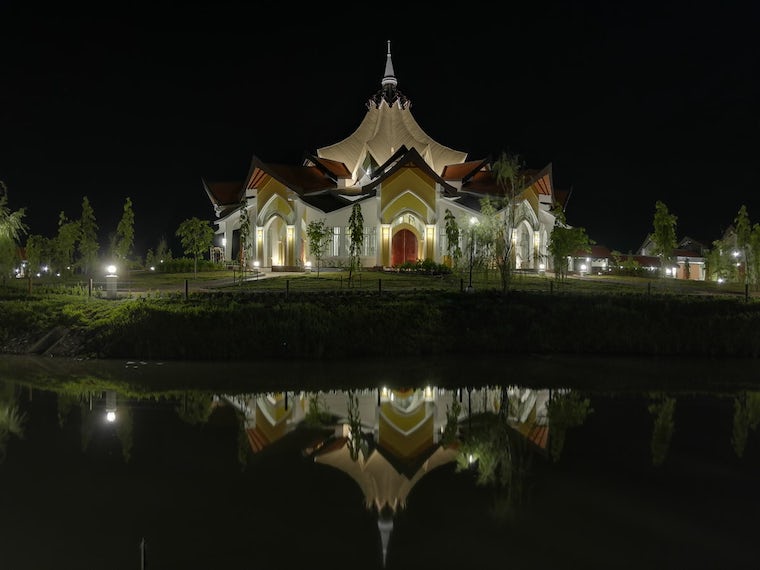-
Bahá’u’lláh as Law Reformer
Bahá’u’lláh’s teachings, like the teachings of all prophets, arise in a particular time and place in history. The language used is conditioned by the language which that time and place can hear. Jesus is believed to have spoken Aramaic (a common language of his time and place). His teachings speak to the realities of the people around him – whose daily lives were mediated through Judaic custom, law and teachings. Jesus necessarily spoke in a language connected with those realities — for otherwise it would have been impossible for the people to understand him at all. Nevertheless, we see that although the symbols used are particular to time and place —…
-
What is Law?
Bahá’u’lláh’s purpose throughout his mission was to promote the oneness of humankind but, he notes, that “At one time We spoke in the language of the lawgiver; at another in that of the truth-seeker and the mystic.“[1] If “law” is interchangeable with “mystic truth” it begs the question: what is law? It’s a question that has engaged legal philosophers for centuries – and prominent among their theories is that laws are “commands” – they are “rules” that we have to obey. But, it quickly gets complicated. As legal scholars ask – why can we say that the commands of the head of a criminal gang are not “law” but the…
-
Gender and the Divine World
In Bahá’u’lláh’s teachings, God has no gender. Indeed, to think of God in anthropomorphic terms (as a kind of “super human”) is entirely imaginary. To every discerning and illuminated heart it is evident that God, the unknowable Essence, the Divine Being, is immensely exalted beyond every human attribute, such as corporeal existence, ascent and descent, egress and regress. …[1] However, the topic presents us with complexities. First, we have to pause to clarify our thinking about what we mean by “gender”. Gender has layered biological and cultural aspects and it is easy to mix them up. Aspects of gender such as “pink” and “blue” for example are recent – and purely cultural inventions,…
-
Bridging East and West – Bahá’u’lláh’s Dialogue with a Zoroastrian Leader
Zoroastrianism is one of the world’s most ancient faiths. One of its leaders wrote to Bahá’u’lláh. His reply was an exploration of the oneness of religion and the needs of today. Although not well-known in the English speaking world, beyond the fact of its existence, it was once the faith of a great civilization that stretched from Central Asia to Greece. It comes from the same part of the world in which Bahá’u’lláh was born and there was in his day, and still today a Zoroastrian community in Iran. When visiting America, Abdu’l Baha would sometimes comment on the effects of Bahá’u’lláh’s teachings. Communities which had kept apart for hundreds of…
-
Bahá’u’lláh’s Second Letter to Napoleon III: A New Way of Life
Bahá’u’lláh’s second letter announcing to Napoleon III his mission, is multilayered. It was written not long after Bahá’u’lláh arrived in the prison city of Akka. As we read it, it is easy to forget that these are the words of a persecuted prisoner of an absolute monarch. He Who is the Unconstrained is come, in the clouds of light, that He may quicken the world with the breezes of His name, the Most Merciful, and unite its peoples, and gather all men around this Table which hath been sent down from heaven.[1] The tragedy was that the Emperor could not hear and his fate hung by a thread. He had…
-
Mirza Abu’l Fadl – the Man Who Would Not Believe
Mirza Abu’l Fadl of Gulpaygan is remembered as one of the greatest scholars of the Baha’i Faith and he lived in the time of Bahá’u’lláh and Abdu’l Baha. Abdu’l Baha would mention his works – for example his treatise, The Brilliant Proof, responding to Christian preacher in London and he recommended reading Mirza Abu’l Fadl’s writings as a way of learning about the Baha’i Faith.[1][2] Mirza Abu’l Fadl wrote many works about the Baha’i teachings. He is buried next to another great Baha’i, Lua Getsinger. One of the exterior doors of the Shrine of the Bab is named after him. The stories of how people become Baha’is are often beautiful and the…
-
Arrival in the Prison of Akka: Abdu’l Baha
Abdu’l Baha, Bahá’u’lláh’s eldest son, is held up as the best example of what a Baha’i life can be. Most of us struggle to exemplify even occasionally the virtues that were evident in Abdul Baha’s life. Nonetheless, reflection on his life gives us a standard for which to strive, and many stories are told about him. Among those stories, as told by his sister Bahiyyih Khanum, are the first days in the prison of Akka. Initially, conditions were extremely harsh and Baha’u’llah and his followers were confined to the barracks (which were a prison within a prison). As we have seen, in Adrianople, the people, who had come to know Bahá’u’lláh,…
-
Bahá’u’lláh defines his mission and teaches about the soul
When Bahá’u’lláh had arrived in Gallipoli, on his way to exile in Akka, we have already seen that he predicted the consequences that would arise from the exile. In, the same letter (the Suriy-i-Rais – the Tablet to the Chief Vizier of the Ottoman Sultan), Bahá’u’lláh also takes time to make clear what the purpose of his mission was. This Youth hath come to quicken the world and unite all its peoples. The day is approaching when that which God hath purposed will have prevailed and thou shalt behold the earth transformed into the all-glorious paradise.[1] Bahá’u’lláh not only states that his purpose is the quicken and unify mankind –…




